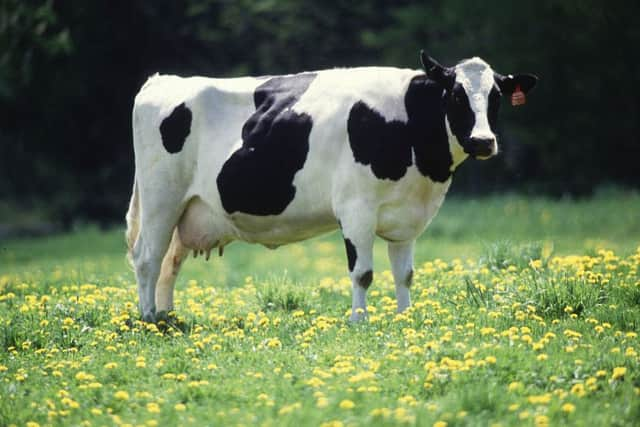Rural sector facing big questions after decision


IMPACT ON TRADE: The majority of the export market (including 90 per cent of UK beef and lamb) is exported to the EU. It is crucial for Scotland’s producers, therefore, to secure a mutually convenient economic agreement with the EU to limit any barriers to exports into the EU. At present, the EU has tariffs imposed on any imports from outwith the EU. If the UK falls into that “external category” with tariffs applying in full, or is unable to negotiate an economically acceptable tariff, UK producers may have to look to a new export market or adapt to remain competitive. We continue to import products from the EU so the bargaining power is not totally one-sided, and our exit from the EU provides an opportunity to create relationships with, and explore, alternative markets. Nevertheless, our export market is likely to change.
LABOUR CONCERNS: Around 20 per cent of our agricultural workforce is European. The Scottish and UK Governments have provided reassurance that no European citizens will be required to leave the UK. However, the question remains as to what barriers will be imposed on European citizens entering the UK in the future. This is particularly important to the horticultural sector, which relies heavily on European seasonal workers.
Advertisement
Hide AdAdvertisement
Hide AdCAP: The CAP implements a system of agricultural subsidies and other programmes across the EU. Its objectives were market unity, community preference and financial solidarity. Each member state recognised the importance of the agricultural industry to their economy and the EU as a whole. Most people associate CAP with the subsidy system, currently the Basic Payment Scheme.
The UK Government has guaranteed subsidy payments until 2019 and all agri-environmental schemes entered into prior to Brexit. The agricultural sector is heavily dependent on subsidy support. Leaving the EU provides an opportunity to sculpt a new system to replace the Basic Payment Scheme which is specific to each country of the UK and recognises the factors most important to our agricultural and rural sector. With around 80 per cent of land in Scotland designated as Less Favoured Area (EU terminology) it is important any new system recognises the diverse rural landscape in Scotland and provides accordingly.
The system will also require to account for any barriers to trade to allow the UK to remain competitive and sustain its export market. Any new system should take account of the role farmers and land managers play in providing food security, sustainability and environmental protection.
ENVIRONMENTAL ISSUES: Environmental measures will not disappear overnight. If the UK is to continue to export to the EU, it is likely we will have to continue to maintain environmental and animal welfare standards to access to that market. The Scottish agricultural sector in particular has a reputation for quality through specific, internationally recognised schemes such as QMS Assurance, “Red Tractor” and British Lion Mark. These will continue to promote access to international markets.
Uncertainty in the agricultural and rural industry could potentially stifle investment in the short term and many campaigners are pressing for clarity to prepare for Brexit.
Now issues and prorities have been identified, it is important to work to shape the future of the industry.
There are no solutions offered as yet, and it is likely there will be many more questions than answers for some time.
Ryan Bowie is an Associate in Turcan Connell’s Land & Property team.